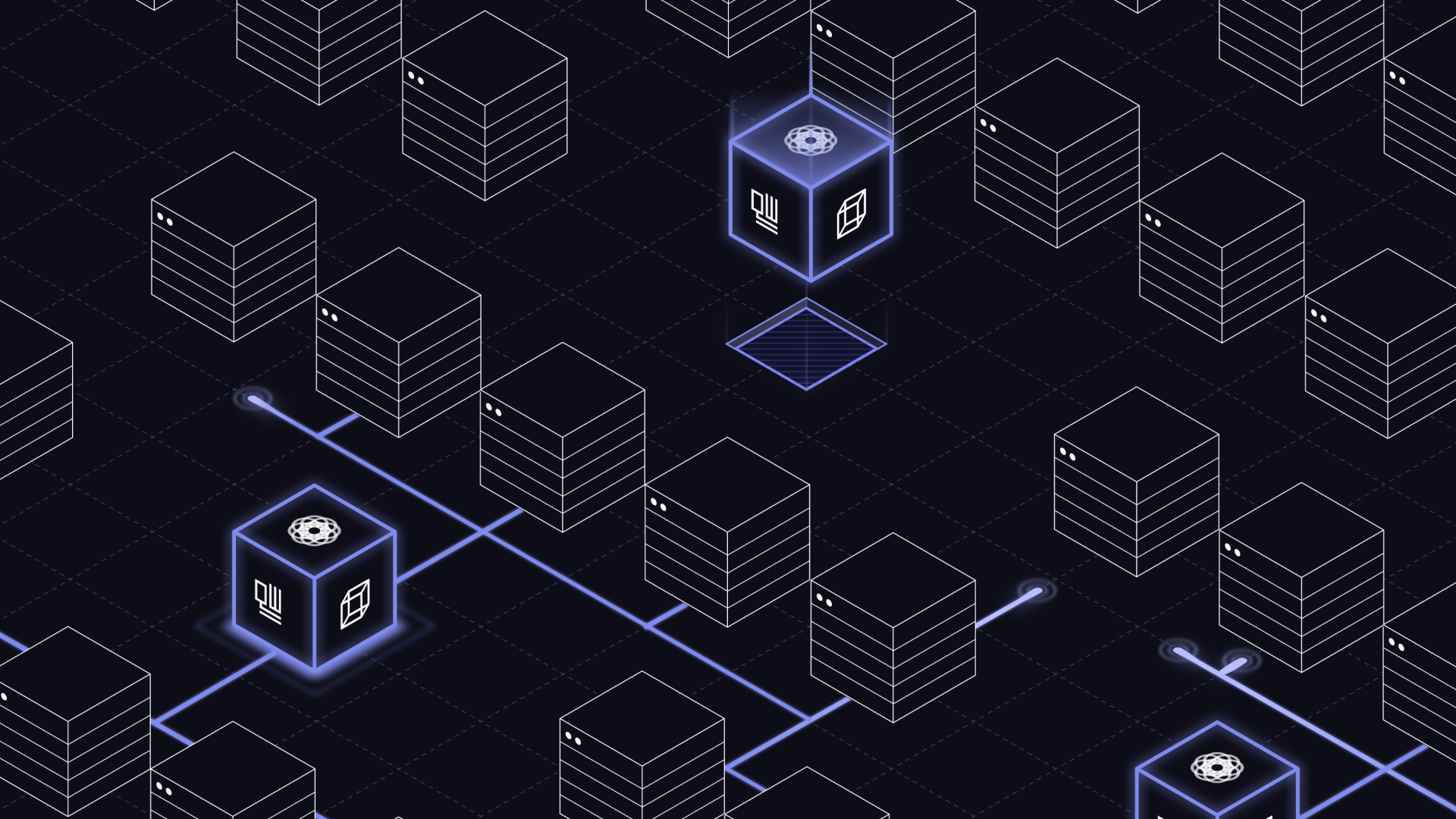
QuantWare, Q-CTRL, and Qblox launch the Quantum Utility Block — the Fastest Path to Quantum Utility for Enterprise and Research Institutions
November 17, 2025
Move faster with the most powerful control design and hardware automation solution for the quantum era.








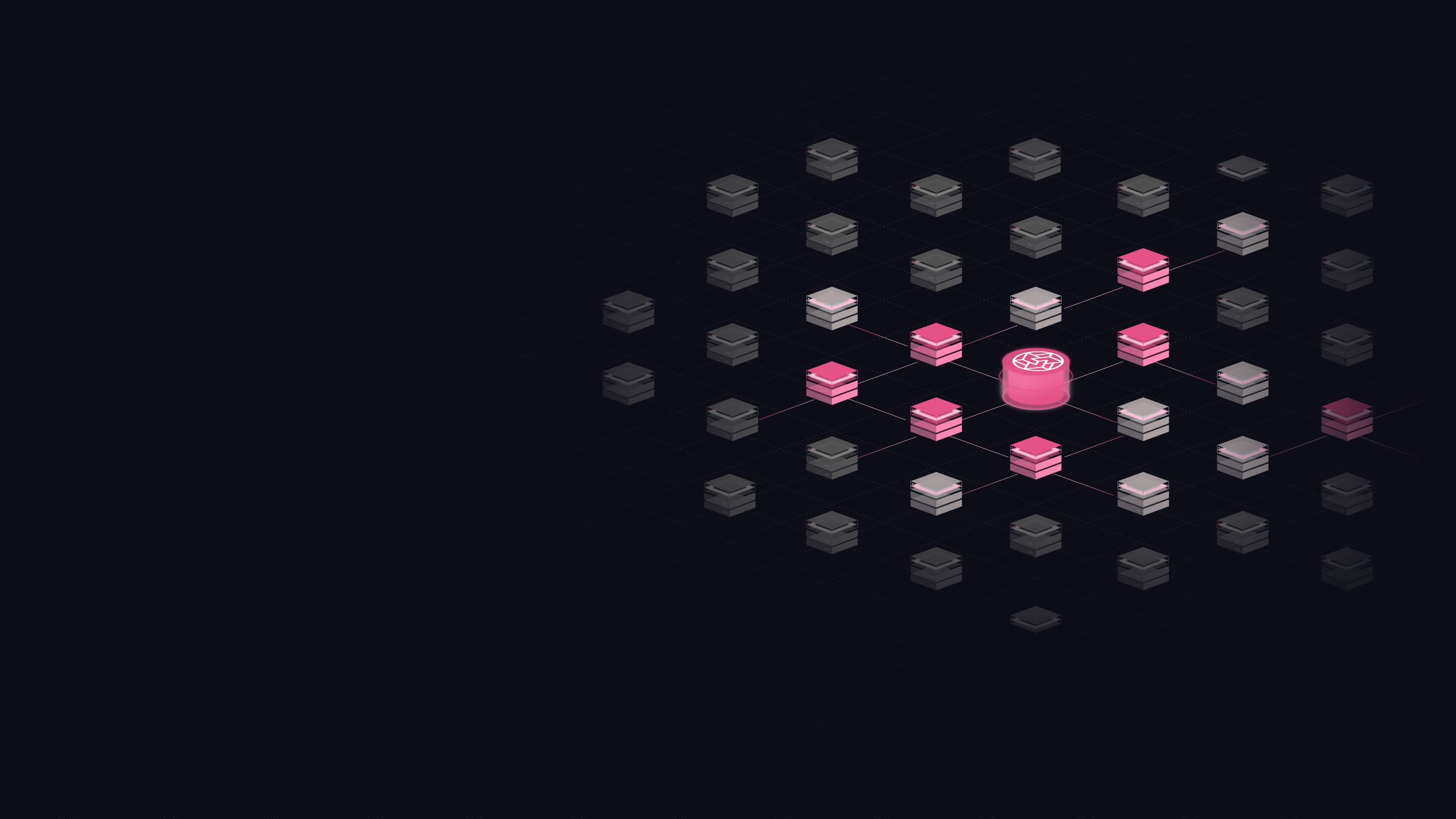
Discover how Boulder Opal supports every stage of your quantum journey, from early exploration to large-scale deployment.
Overcoming fickle hardware to achieve higher gate fidelities is key to building the next generation of quantum devices
Onerous, manual tuning tasks slow progress and increase development costs, holding you back from quantum advantage.
Whether on the cloud, or on-prem, the industry needs utility-scale systems that work at the push of a button, every time.
Boulder Opal delivers the best in “AI-for-Quantum” to help uncover true hardware performance at all stages of the quantum computing journey:
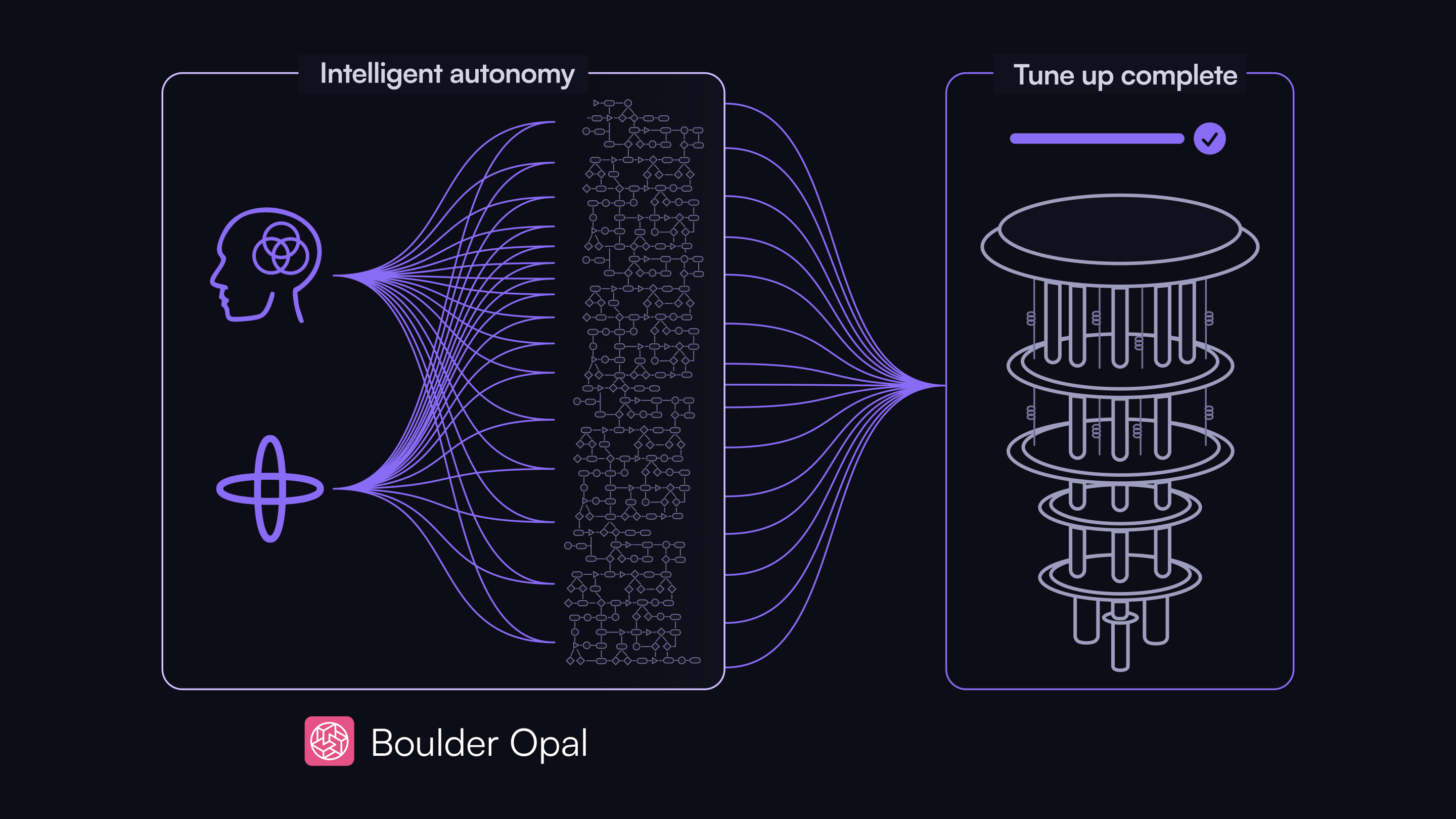
<5min
Time to integration
>99.9%
1-qubit gate fidelities
<4 hours
Time to device bring-up
Explore how Boulder Opal supports all stages of your quantum journey - from early exploration to large-scale deployment. See what solution is right for you:
Researchers at the cutting-edge of quantum computing innovation need to evaluate new hardware concepts with effective quantum control processes. Boulder Opal provides the connected theoretical and experimental building blocks to accelerate these design workflows with a comprehensive control toolkit.
Model large, complex system states with speed and accuracy.
Uncover critical system parameters that impact performance.
Push hardware to the limit with optimized control strategies.
Enterprise hardware teams need to move fast and deliver on quantum device goals, but manual, mundane control tasks are sapping progress.
Boulder Opal provides complete packages that automate repetitive control tasks to turbocharge team effectiveness and efficiency.
Achieve performance beyond what's possible manually
Maximize process throughput to cover more in less time
Redirect valuable technical personnel to work on higher priority tasks
Boulder Opal Scale Up combines AI and quantum control to deliver fast, repeatable calibration and characterization, ensuring high-performance quantum systems every time.
Through intelligent autonomy, users save time on routine tasks so they can focus on innovation, accelerating progress toward scalable, reliable quantum advantage.
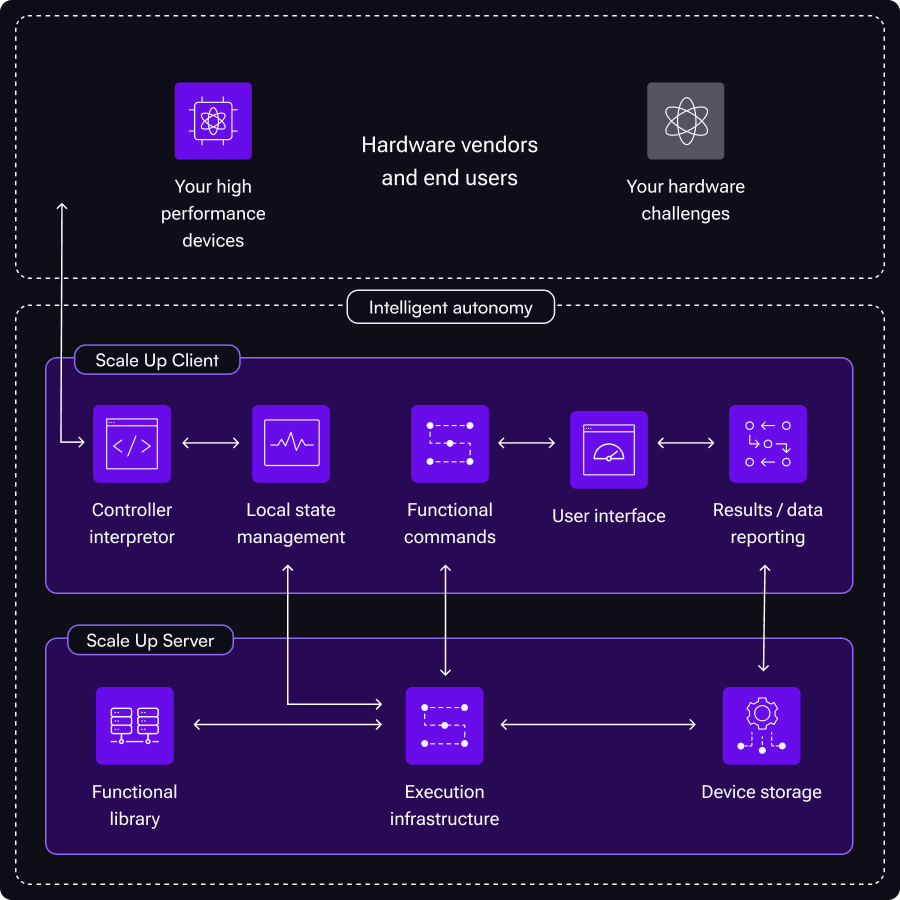
A central control engine keeps systems calibrated and maintained to meet defined performance metrics, removing the need for specialized expertise.
Built for specific hardware architectures, users can access prebuilt workflows for full device calibration or single-qubit experiments.
Integrated interpreters convert control tasks into lower level languages allowing easy transport of solutions across controller vendors.
Results are assigned to a representative virtual device for easy recall of all data in an organized format.
Expertly design control solutions complete a specified task, every time, bringing more confidence and consistency to hardware operations.
Finely tuned closed-loop optimizers find ideal gate parameters and outperform human-designed solutions every time.
From expensive hardware to expert personnel, all resources are freed from mundane control tasks to focus on higher priority items.
Easily deployable performance and efficiency gains translate to a higher volume of devices with more qubits per device.
Bringup tasks that once took weeks, can be reduced to hours, with best in-class autonomous solutions, fully configured for your system, out-of-the-box. Compared to manual control operations, Boulder Opal Scale Up can give hours, or even days, back to your technical teams so they can work on what truly matters.
The Boulder Opal Toolkit is built for power and convenience. It includes a complete set of enterprise-grade tools enabling researchers to solve their hardest problems in the quest for better qubits and utility scale quantum devices.
From Hamiltonian-level simulations of complex time domain signals through to closed-loop hardware optimization, Boulder Opal has tools for a broad range of quantum applications.
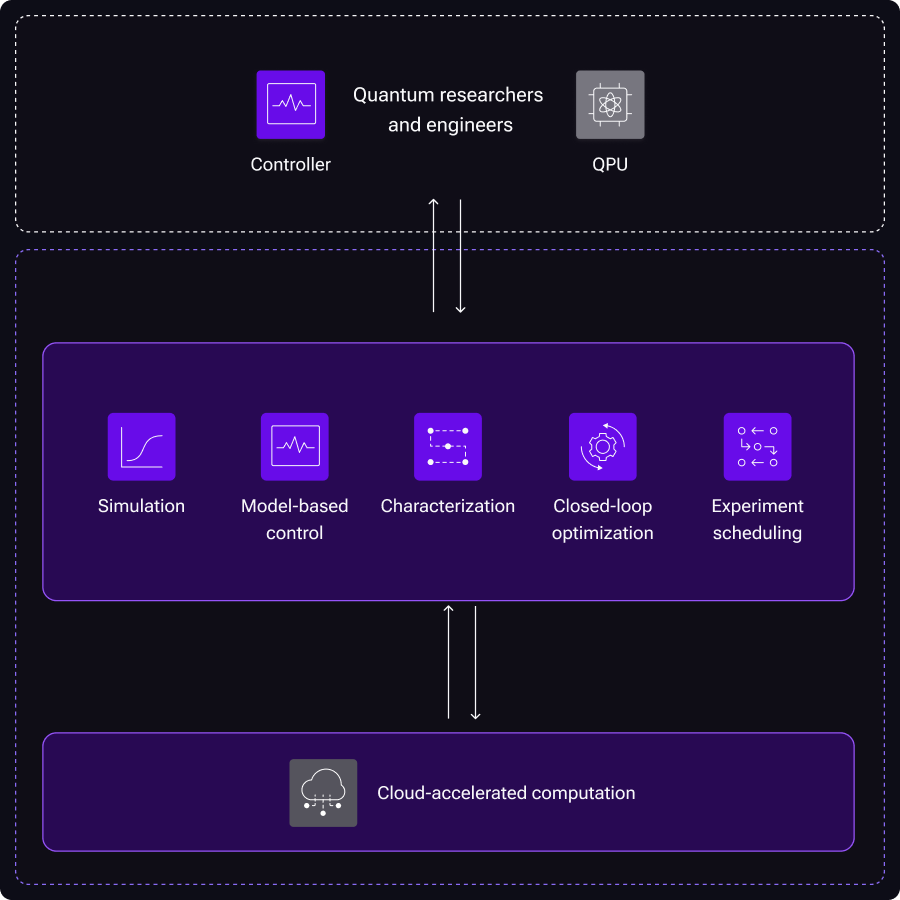
Model complex quantum systems using built-in libraries for time-varying noise, control signals, and system dynamics.
Design and optimize control solutions that deliver peak performance using insights from encoded quantum models.
Accurately define hardware specifications, hamiltonian parameters, and environmental noise.
Implement automated feedback loops for design, calibration, and hardware-performance optimization tasks.
Purpose-built tools accelerated by cloud-compute resources means less time to get target results.
A simple Python client integrates easily with research environments and supports common control electronics.
Connected theoretical and experimental tools create an easier exchange of ideas between research groups.
Comprehensive documentation and dedicated support channels give you a helping hand when you need it.
Our tools and solutions leverage universal control techniques that function at a level above the physical qubit. This means Boulder Opal is designed and supported across most physical system modalities.



Boulder Opal integrates easily with common Python packages and a wide range of control electronics systems so you can add powerful new capabilities with minimal effort.
Qiskit, Quil, QuTip, ARTIQ
Quantum Machines, Qblox, Zurich Instruments, Tabor Quantum Solutions, Keysight
We support superconducting, trapped ion, neutral atom, and other types of quantum hardware
Whether you are looking to accelerate research and development progress or deploy on-premises quantum computers, we have the right package for you.
Basic
$0
Free Basic plan, yearly limits apply
For beginners, students, and explorers
Cloud software platform
4 vCPU, 32 GB RAM machine
1 machine (1 calculation at a time)
12 cloud machine hours
Standard support
Essentials
$1,500
USD / year
Managed compute for small teams
Cloud software platform
8 vCPU, 64 GB RAM machine
1 machine (1 calculation at a time)
200 cloud machine hours
Standard support
Performance
$9.99
$5,000
USD / year
Expanded computational resources for performance minded teams
Cloud software platform
16 vCPU, 128 GB RAM machine
Up to 4 machines (1 calculation per machine)
400 cloud machine hours
Standard + solutions engineering support
Professional
HPC-like resourcing for demanding teams of scientists and engineers
Hybrid cloud software platform
32 vCPU, 256 GB RAM machines
Up to 16 machines (1 calculation per machine)
1600 cloud machine hours
Dedicated + solutions engineering support
Scale Up
Contact sales
for pricing or to request a demo
Access to autonomous control solutions
Cloud software platform
Unlimited solution runs per device
Professional support

Mazda, a global leader in automotive innovation, partnered with Q-CTRL to explore how quantum computing can transform the way vehicle frames are designed.
5X
reduction in required training data to deliver frame designs with improved performance, leveraging quantum machine learning models.
Working with Q-CTRL gave us a chance to explore a new and fast moving area of technology in a way that was grounded in our real design challenges. The team brought a strong mix of technical expertise and practical focus, helping us understand how quantum machine learning might fit into our workflow. It was a productive and insightful collaboration.

Boulder Opal enabled precision control of trapped-ion vibrations, realizing error-correctable qubits in a compact, hardware-efficient form.
2in1
Achieved 2 error-correctable logical qubits in 1 atom, reducing hardware demand and enabling scalable, hardware-efficient quantum processing.
Effectively, we store two error-correctable logical qubits in a single trapped ion and demonstrate entanglement between them. We did this using quantum control software developed by Q-CTRL, with a physics-based model to design quantum gates that minimise the distortion of GKP logical qubits, so they maintain the delicate structure of the GKP code while processing quantum information.

Helping Digital Catapult drive quantum computing adoption through education, industry partnerships, and hands-on learning with Black Opal.
4.8
out of 5 average participant rating for the program, including Black Opal, which was also credited with raising participants' confidence in their quantum computing abilities from 3.1 to 4.2 out of 5 by the end of the course.
The easy-to-use, intuitive Black Opal tool allowed our QTAP participants to quickly get up to speed with quantum computing, ready to trial their real-life business use cases. There was also some great material for participants who were curious to learn more about advanced topics.


Accelerate the usefulness of quantum computing for rail scheduling through custom solution development and performance optimization utilizing Fire Opal.
6X
increase in solvable problem size and accelerated timeline to practical quantum advantage by up to 3 years, now estimated for 2028.
We were pleasantly surprised to see the optimal routing of 26 trains over 18 minutes of real scheduling data for the full station topology being realised on a real quantum device, which otherwise wouldn’t have been possible without using Q-CTRL’s optimisation solver.
A locally installed version of Boulder Opal can be provided upon request for circumstances mandating ultra-low latency in hardware communications. We recommend the cloud instance for general computations, as cloud services can provide performance far exceeding the specifications of the local machine.
Number of hours of running a single cloud-hosted CPU machine in a year. You can buy additional machine time to supplement your Essentials, Performance or Professional plan.
You can access a comprehensive documentation suite to help you on your journey, starting with Get started guide, and Tutorials.
Number of calculations can be run concurrently across multiple cloud-hosted machines to accelerate computation. Having a higher concurrency is useful when you want to speed up your calculations or share computational resources within your team.
We have independently validated and published technical validation of key demonstrations on hardware through our research - this includes device-level demonstrations of improvements >10X.We have also established a range of hardware validations with our customers and R&D partners around the world, collected in our case studies.
Boulder Opal cloud licenses can accommodate an unlimited number of users. We provide recommendations for different license tiers for different group sizes to ensure that internal competition among users does not lead to computational delays.








